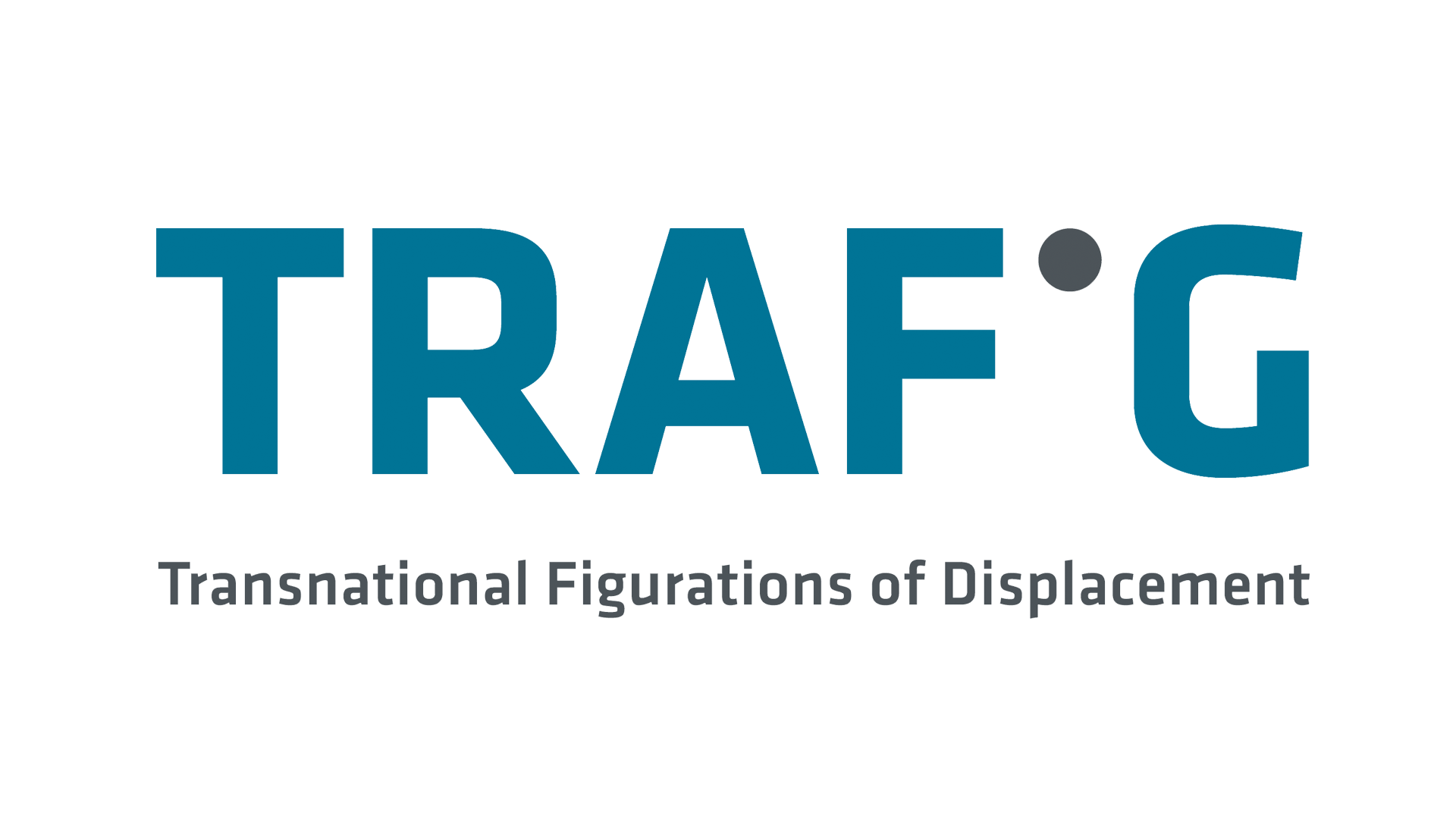by Pınar Aksu | Glasgow Caledonian University
Recently, I have carried out interviews for the RESPOND research in Glasgow, Scotland. It was an emotional, frustrating and hopeful process, with many of the participants openly talking about their experiences. Many people leave their country for different reasons; protection, new life, hope and better future. Sadly, some are forced to leave their country, so sudden there is no time to gather memories and say final goodbyes.
Read More







